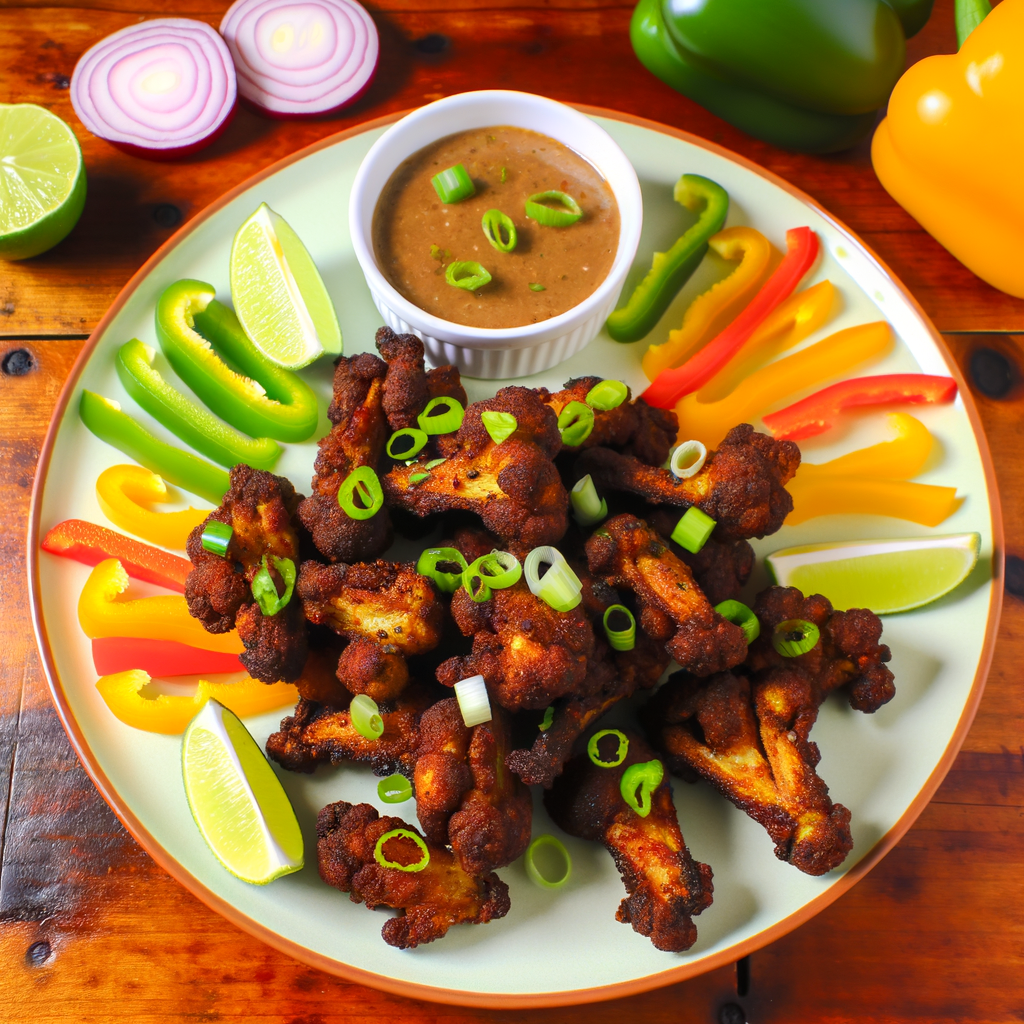Understanding Veganism and the Egg Debate
The debate surrounding veganism and the consumption of eggs is a complex topic that generates numerous discussions within the plant-based community. As more people embrace vegan lifestyles, the nuances of what constitutes veganism are continually explored and debated. One hot topic is whether vegans can consume eggs under certain conditions.
Defining Veganism: A Primer
To delve into whether or not vegans can eat eggs, it’s essential to first understand what veganism entails. At its core, veganism is a lifestyle choice aimed at eliminating the use of animal products. This includes not only food but also clothing, cosmetics, and other products derived from animals.
Key Principles of Veganism:
- Exclusion of all animal-derived foods, including meat, dairy, and eggs
- Avoidance of animal exploitation in all forms
- Commitment to a plant-based diet
However, within this framework, various interpretations and flexibility exist, contributing to the debate on eggs in a vegan diet.
The Origin of the “Vegan Egg” Debate
While traditional vegans categorically exclude eggs from their diet, a segment of the vegan community has initiated a conversation regarding the ethical consumption of eggs, particularly those produced organically or by backyard chickens that are well-treated. This shift raises questions about whether these eggs align with vegan values.
Points of Consideration:
- Does the humane treatment of chickens align with ethical vegan principles?
- Can eggs be considered vegan if acquired without harm?
- Is there potential cognitive dissonance when consuming any animal-derived product?
Unpacking the Ethical Egg Concept
The ethical egg, or what some people call “vegắt,” seeks to redefine eggs in a vegan context. This notion stems from the idea that if animals are treated ethically, the consumption of their byproducts might not conflict with vegan principles. However, this is a multifaceted issue demanding careful consideration.
Backyard and Rescued Chickens
Some vegans argue that eggs produced by personally cared-for backyard chickens or rescued hens do not contribute to animal exploitation. Therefore, they could potentially fit within a vegan lifestyle.
Supporting Arguments Include:
- The chickens are not harmed or exploited.
- The owners establish a mutual relationship with the animals, benefiting both parties.
- Rescuing neglected or abused chickens aligns with compassionate vegan principles.
However, opposition remains strong, primarily arguing that taking any animal product breaches the principle of total abstention from animal use.
The Imperfection of Industrial Egg Production
Critics of egg consumption often highlight the inherent issues within the industrial egg industry. Even “ethical” or “free-range” eggs, they argue, ultimately sustain a system that fails to protect animal welfare.
Reasons for Concern:
- Misleading labeling often obscures genuine animal welfare conditions.
- The complexities of supply chains can lead to inadvertent support of unethical practices.
- Power imbalances in these systems inherently exploit animals, no matter how humane they appear.
This critique supports a more stringent adherence to the core tenets of veganism, emphasizing total abstention from all animal-derived products.
Exploring Alternatives: Plant-Based Egg Replacements
For many vegans, finding acceptable alternatives to traditional eggs provides an effective means to maintain their dietary preferences without ethical compromise. The market now offers a wide array of plant-based substitutes that mimic the texture and flavor of eggs.
Popular Vegan Egg Alternatives
Some of the most common replacements include:
- Tofu Scramble: Crumbled tofu seasoned with turmeric and spices replicates the experience of scrambled eggs.
- Chickpea Flour Omelets: Made from chickpea flour, water, and seasoning, these offer a protein-packed alternative.
- Commercial Egg Replacements: Products crafted to mimic egg properties for baking and cooking, often made from legumes or algae protein.
These alternatives not only bypass ethical concerns but also bring nutritional benefits to a vegan diet.
The Importance of Personal Choice in Veganism
Ultimately, the decision of whether to include eggs in a vegan diet is deeply personal and can vary significantly between individuals. Each person must weigh the ethical, environmental, and health implications that resonate most with their values.
Factors Influencing Individual Decisions
**Personal choices may be influenced by:**
- Ethical Beliefs: Personal interpretations of vegan ethics and animal rights.
- Environmental Considerations: The ecological impact of different egg-production models.
- Health Priorities: The role eggs or egg alternatives play in maintaining dietary balance.
**The Evolving Vegan Landscape**
As veganism continues to grow and evolve, the debate over eggs exemplifies how diverse and dynamic this lifestyle can be. The inclusion or exclusion of eggs from a vegan diet will likely remain a personal and subjectively determined aspect for many. By respecting different interpretations and choices, the vegan community can continue to thrive and adapt while advocating for animal rights and environmental sustainability.











